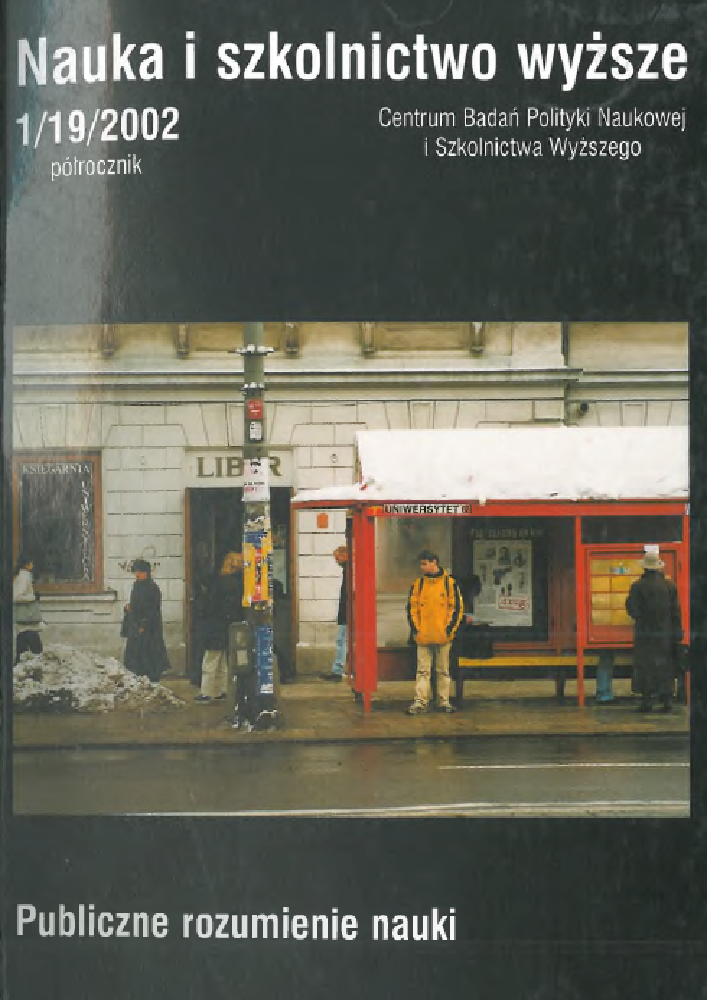Abstract
The author discusses several aspects of the problem of the distinction between the creative and destructive effects of mathematics on the natural sciences and technology today as well as on other fields of human activity, e.g., management, economics, psychology or climatology. Taking into consideration the way science developed throughout the history of mankind and the variety of methods used to learn about the real world, he stresses the prominent role of mathematics in the improvement of cognitive instruments and the interpretation of experimental findings. He shows how mathematics have penetrated more and more branches of knowledge and fields of human activity and attempts to explain why this is so. He conducts a detailed analysis of the intensive feedback between mathematics and technology which was observed in the second half of the twentieth century due to the great advancements in semiconductor technologies and material engineering. He also analyses the connections between mathematics and many fields of science and claims that insightful research should be undertaken to explain the noticeable quick ‘march’ of mathematics through scientific disciplines which were previously completely immune to mathematics. This ‘march of mathematics’ is often thought to be irrational and is still one of science’s great mysteries. Trzaska also discusses chaotic processes and fractal structures, phenomena which mathematicians have been trying to include in the list of real systems for many decades. One of the integral parts of the analyses presented in this article are the problems relating to artificial intelligence and the tendency for contemporary science to change its views on the purposefulness of further research on these issues. Trzaska’s main emphasis is on the relatively poor progress in this area despite considerable financial resources. He also tries to assess the alternative method of cognising the real world without the intensive application of mathematics and mentions the problem of the so-called I-bomb.
References
Bell E.T. 1945 Development of Mathematics, 2nd ed., McGraw-Hill, New York.
Bochner S. 1966 The Role of Mathematics In the Rise of Science, Princeton University Press, Princeton, N.J.
Brown R., Porter T. 1990 Mathematics in the Context. New Course, UCNW Mathematics, Preprint 90.09, School of Mathematics, The University of Wales, Bangor, Waies.
Courant R., Robins R. 1998 Co to jest matematyka?, Pruszyński i S-ka, Warszawa.
Davis RJ., Hersch R. 1981 The Mathematical Experience, Birkhauser, Boston.
Dyson F.J. 1964 Mathematics inthe Physical Science, „Scientific American", nr 211, s. 127-146.
Germinet R. 1999 Przygotowanie do niepewnego, Oficyna Wydawnicza Politechniki Warszawskiej, Warszawa.
Hilton G. 1973 Thematic Origins of Scientific Thought. From Kepler to Einstein, Harvard University Press, Cambridge, Mass.
Kline M. 1980 Mathematics: The Loss of Certainty, Oxford University Press, New York.
Krąpiec M.A. 1995 Dzieta V. Struktura bytu, Katolicki Uniwersytet Lubelski, Lublin
Medvedev A.R 1991 Scenes from the History of Real Functions, Birkhauser-Verlag, Basel.
Polkinghorne J. 1998 Poza nauką, Amber, Warszawa.
PólyaG. 1963 Mathematical Methods in Science, American Mathematical Society, Providence, Ri.
Scott A. 1999 Schody do umysłu, Wydawnictwa Naukowo-Techniczne, Warszawa.
Sela M. 2001 The Fight against Diseases: Comments Related to „Science for Man and Man for Science”, Pont. Academy of Science, Vatican.
Sikorski R. 1964 Matematyka - nauka dziwna, „Matematyka”, t. 5, nr 4.
Smorynski C. 1983 Mathematics as a Cultural System, „The Mathematical Intelligencer”, nr 5, s. 9-15.
Steinhaus H. 1985 Selected Papers, Państwowe Wydawnictwo Naukowe, Warszawa.
Wigner E.P 1960 The Unreasonable Effectiveness of Mathematics in the Natural Sciences, „Communications on Pure Applied Mathematics”, nr 13, s. 1-14.
Yuskevich A.R 1970 - 1972 History of Mathematics from Ancient Times to the Beginning of the Nineteenth Century, t. I-III, Nauka, Moscow.
